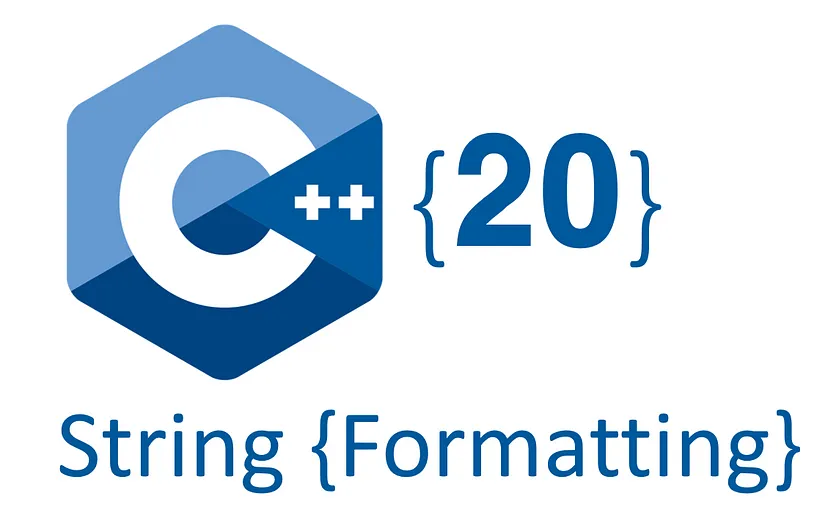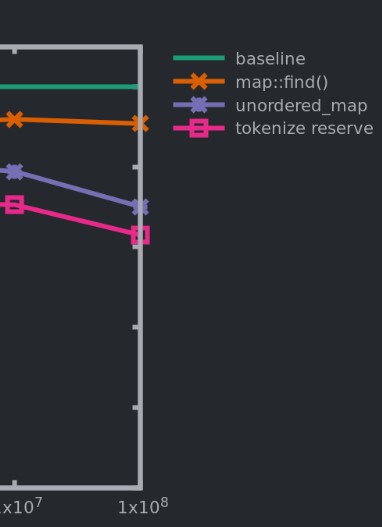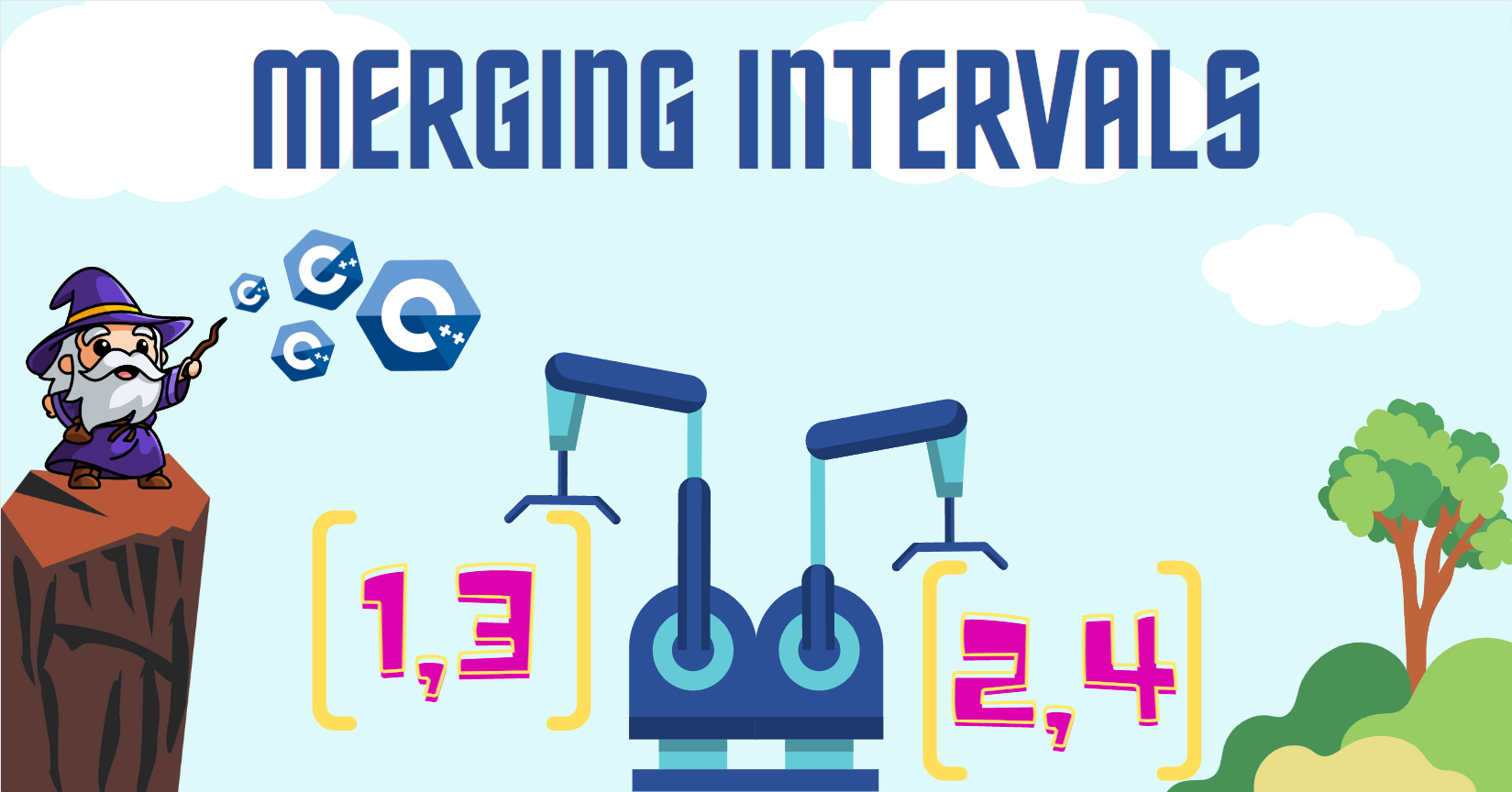Hardening C++ with Bjarne Stroustrup
An interview in Software Engineering Daily with Bjarne on the recent announcements by the NSA and the forthcoming CRA from the EU against the use of C++ based on security concerns.
Hardening C++ with Bjarne
Bjarne Stroustrup
From the interview:
Bjarne wishes for more support rather than calls to drop the use and teaching of C++ altogether. Especially in light of how much progress the C++ 17, 20 and 23 mean to the language but also how using the core guidelines and modern static analysis can reduce vulnerabilities considerably.

 The first three parts are live:
The first three parts are live: Part the third:
Part the third: Revisiting a classical programming puzzle in next generation C++:
Revisiting a classical programming puzzle in next generation C++: